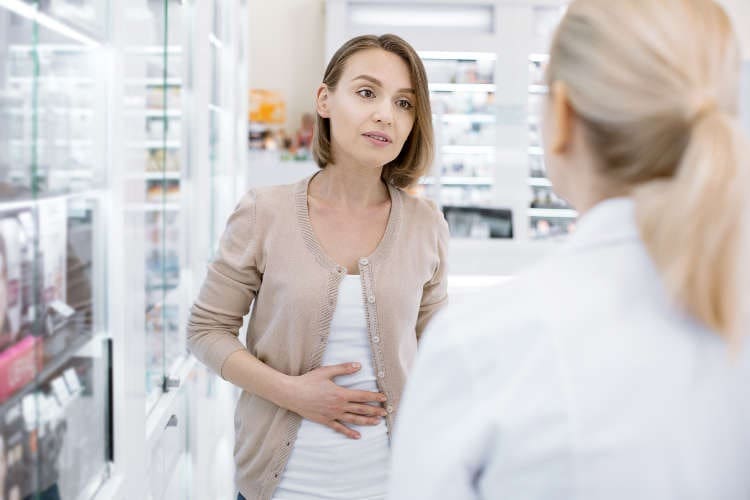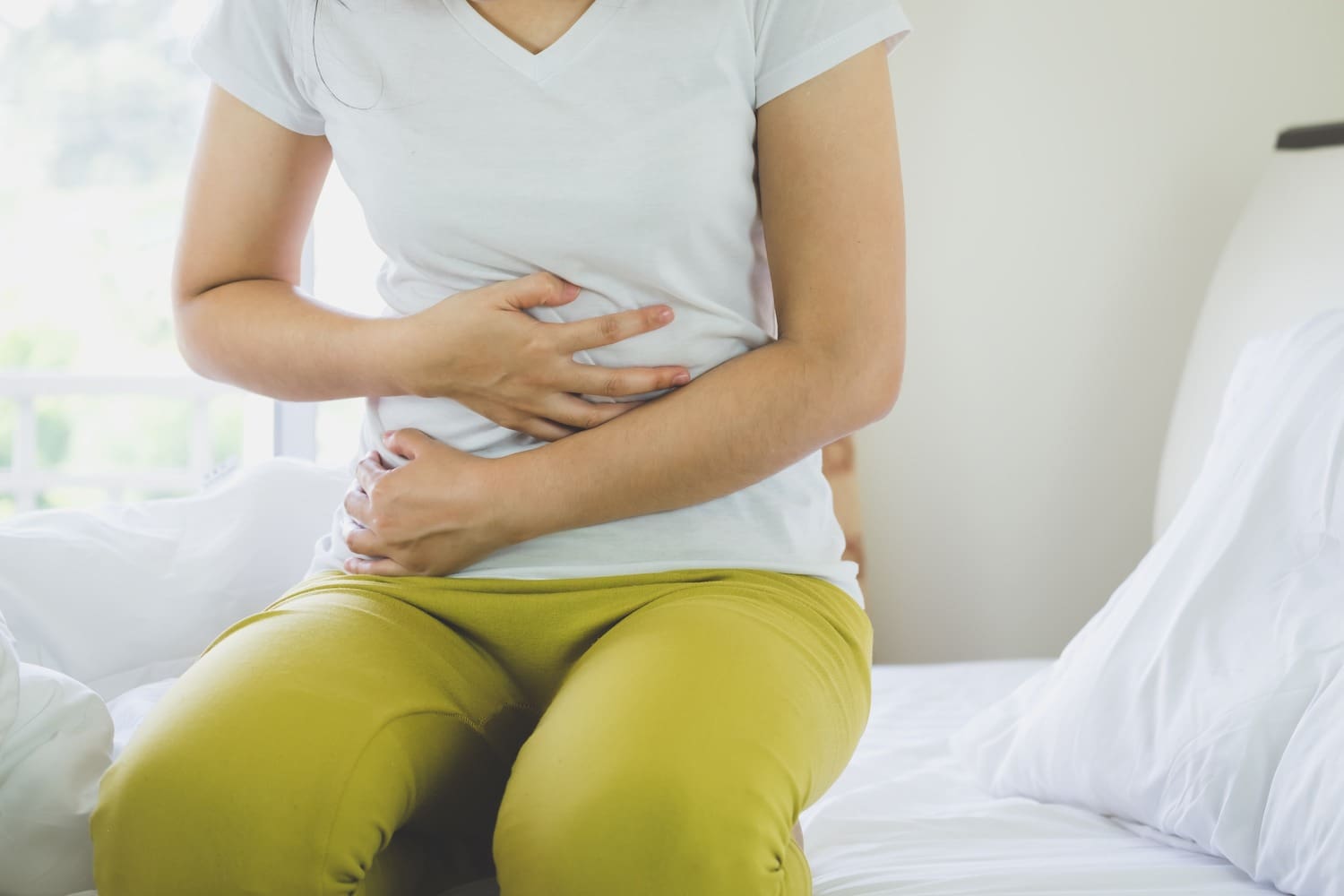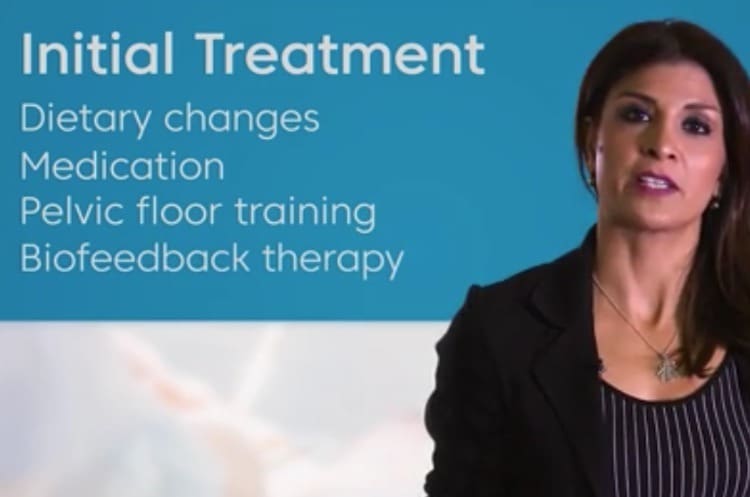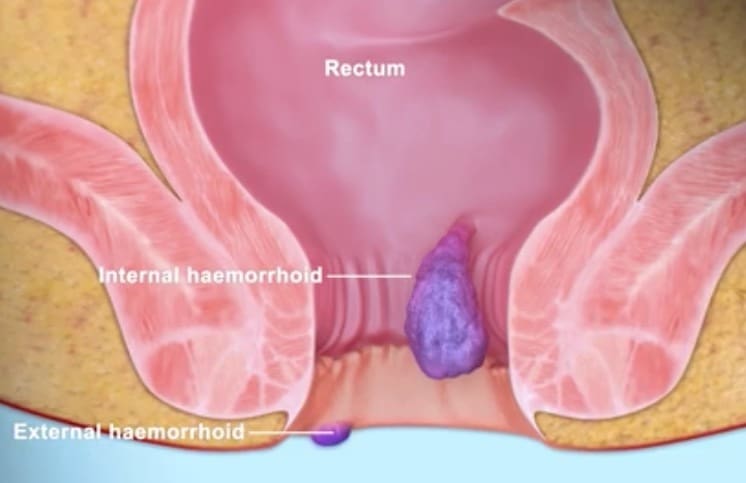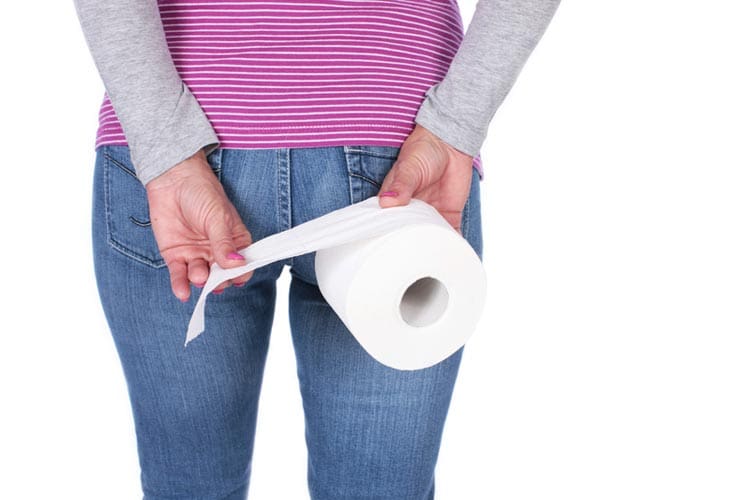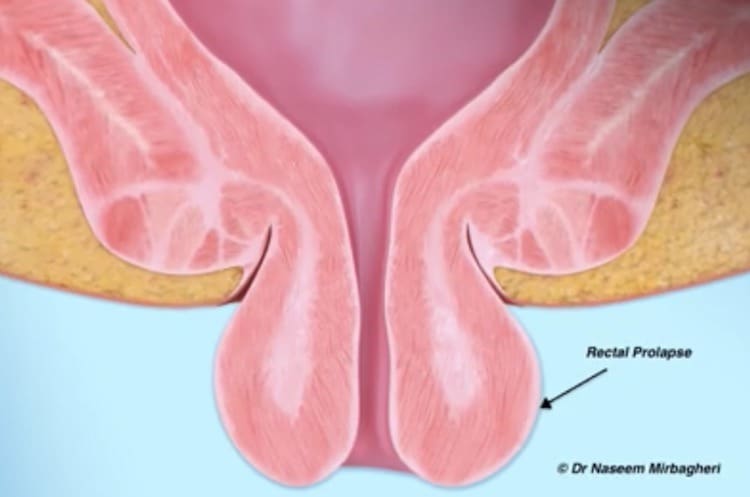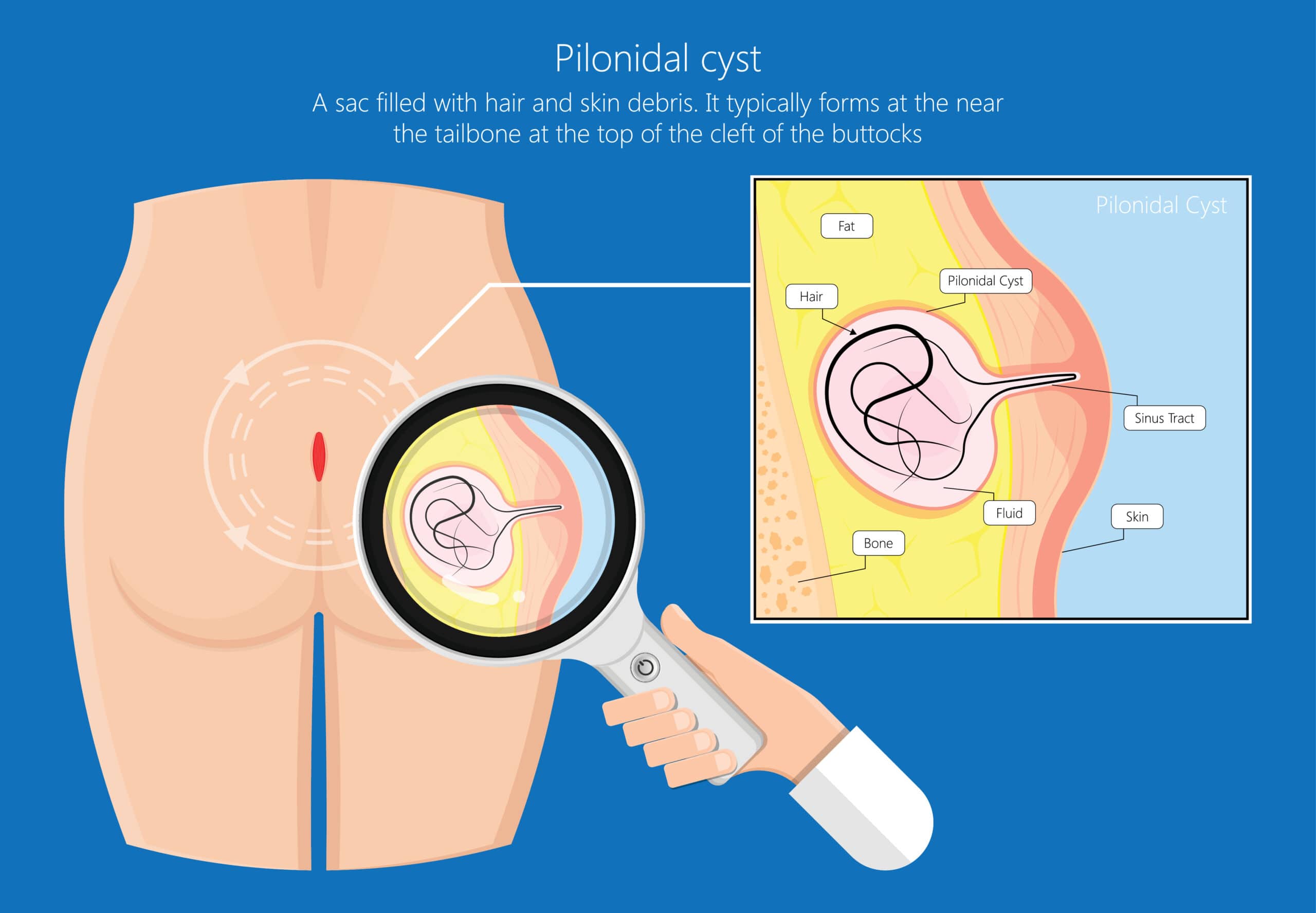Treatment for peptic ulcers depends on the cause, and may include medicines to reduce stomach acid, antibiotics, and lifestyle changes. Treatment can heal peptic ulcers and stop them from coming back
gastrointestinal
Peptic ulcers: what are the symptoms?
Symptoms of peptic ulcers vary from person to person and with the ulcer’s location. You may have burning or gnawing abdominal pain that's worse at night.
Peptic ulcers: what causes them?
Most peptic ulcers are caused by either infection with a bacterium called Helicobacter pylori or regular use of nonsteroidal anti-inflammatory drugs (NSAIDS), including aspirin.
Hepatitis: an overview
Hepatitis can cause permanent and life-threatening damage to the liver. Hepatitis A, B and C are caused by viruses.
Pancreas and insulin: An Overview
Your pancreas has 2 functions: producing digestive enzymes; and producing the hormones insulin and glucagon to regulate blood sugar.
Video: Faecal incontinence – Dr Naseem
Faecal incontinence is the inability of a person over the age of four to control the passage of stool or gas.
Video: Haemorrhoids – Dr Naseem
Haemorrhoids, also known as piles, refer to the blood vessels lining the innermost layer of the canal leading to the anus.
Haemorrhoids treatments
Preventing constipation is the best way to avoid existing haemorrhoids becoming irritated and new ones forming. Avoid excessive straining and sitting on the toilet for any longer than a few minutes.
Video: Rectal prolapse – Dr Naseem
Video: A rectal prolapse is a protrusion of the rectum, the lower part of the large bowel, into and sometimes outside the anus.
Video: Pilonidal disease – Dr Naseem
Pilonidal disease is a skin disorder of the natal cleft (the dimple or crease between the buttock cheeks). It usually starts with an abscess which after draining leaves a pilonidal sinus.

